AI in Drug Discovery I
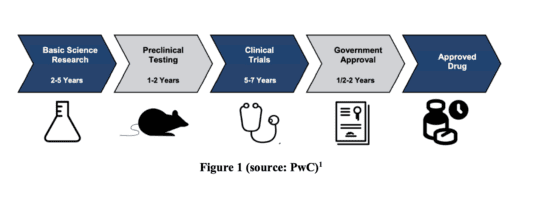
THE CALIFORNIA BIOMEDICAL RESEARCH ASSOCIATION says that it currently takes an average of 12 years for a drug in the US to go from the research lab to the patient. Only one in every thousand drugs that begins pre-clinical testing ever makes it to human testing, and that has to happen five times before one […]
Is Direct to Consumer a good business model for health AI companies?

One of the major benefits of AI-enabled healthcare solutions is that they provide a higher degree of personalization. As such, they could be a wise choice in the emerging direct-to-consumer health market. Companies are selling products that are meant to address basic health and wellness issues by providing personalized nutrition, personalized exercise programs, home […]
How difficult is it to commercialize health AI solutions? III
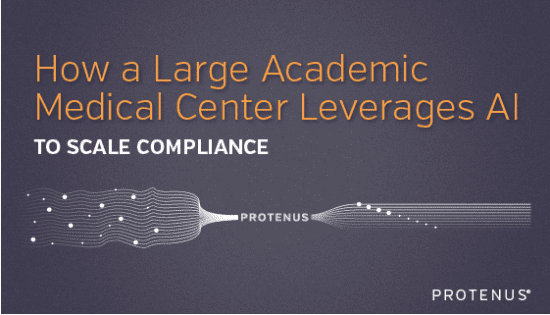
While we’ve examined the issues that are keeping the majority of buyers from immediately adopting healthcare AI solutions, there are still pockets of potential buyers who could become the early adopters. These buyers can see an immediate ROI and don’t need to wait for additional evidence or reimbursement. One such group consists of independent […]
How difficult is it to commercialize health AI solutions? II
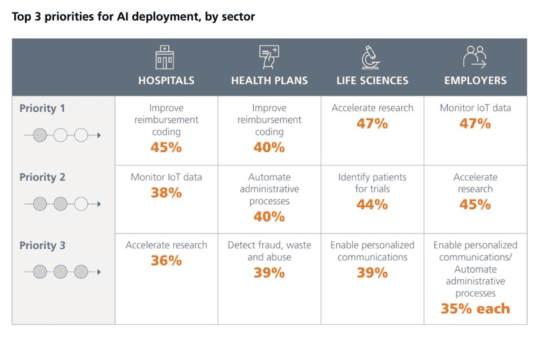
If you work for an innovative company with an FDA-approved healthcare AI solution, it can be a shock when you realize that no one is lining up to buy your well-designed and full-of-value product. But there are no shortcuts, and you have to stand in line with everyone else unless you’ve generated evidence that your […]
How difficult is it to commercialize health AI solutions? I

In my discussions with leaders at cutting edge companies with FDA-approved products in healthcare AI, I’ve noticed a common thread. Most were surprised by how difficult it’s been to successfully sell FDA-approved solutions in radiology, pathology, ophthalmology, and more. They noted that medical centers aren’t sure how to use the solutions and are therefore cautious […]
Will health AI be a sandbox for large companies or start-ups?
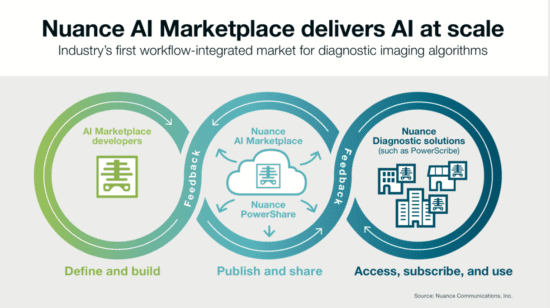
Given all of the complexities we discussed for the investors as they evaluate health AI solutions, you think there’s plenty to worry about already for potential investors. Well, maybe! Another issue that I think the investors should keep in mind is that the development, implementation, and maintenance of health AI solutions is complicated. That means […]
Investment Thesis for Health AI IV

If you are an investor in this space, how do you evaluate the defensibility of the products, services, or the business model of a prospective health AI company? patents? copyrights? data? Given that many entities have access to large datasets and the foundational algorithms are mostly open source, the barriers to entry are rather low. […]
Investment Thesis for Health AI III
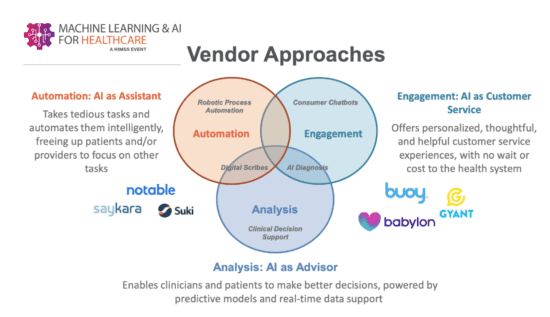
In the last post, we discussed the interesting angle of investors evaluating a health AI solutions’s commercial prospects based on its ability to increase volumes and market share for its customers. Honestly, I see that as one of the most powerful ways to create an ROI case for the customers. Every business wants more customers […]
Investment Thesis for Health AI II
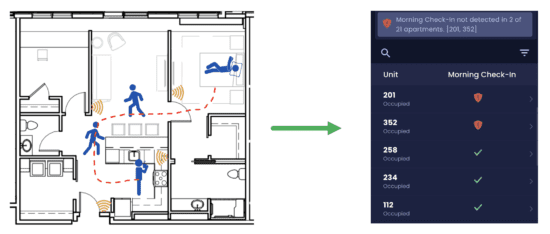
AI-based solutions will face skepticism and have a tough road ahead before they gain adoption, even if they’re solving clear, unmet needs. That’s just how it is in healthcare. Changing the practice of medicine isn’t easy, but changing the business of healthcare is a little easier. So, what are the right business models for companies […]
Investment Thesis for Health AI I
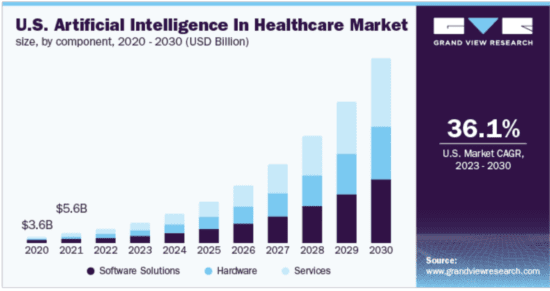
Given all of the hype around AI these days, it seems like you can’t miss as an investor if you allocate significant capital into any company with AI in its name. In spite of the significant downturn in public and private markets over the last 18 months, one category that has resisted the sharp downturn […]
